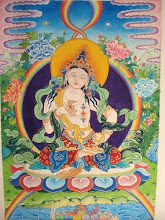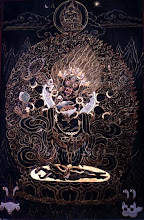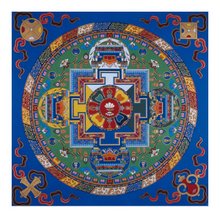In the tradition of American comic superheros, the spoken word has had little power. Incantations, spells, charms – these were the tools of heroes of an earlier age. The modern hero's abilities are the frequent result of contact with nature unleashed: radiation exposure (Spiderman, Fantastic Four), toxic chemical spills (Daredevil) and genetic mutation (X-Men). A few have their powers conferred from aliens (Green Lantern), while a smaller number are themselves aliens living amongst us (Superman).
But there were at least two superheros who derived their power from magic words, both first published in the year 1940. One went on to fame, the other obscurity.
The best selling American comic book of the early 1940's followed the adventures of boy radio reporter Billy Batson, who transformed himself into Captain Marvel by shouting “Shazam!” The magic word was a neologism, an acronym of the ancient heroes from whom Captain Marvel derives his powers: Solomon, Hercules, Atlas, Zeus, Achilles, and Mercury.
The other character whose superhuman abilities issued from the spoken word had a much shorter publishing history. By the 1950's he was already forgotten. But he had a most unusual mantra, a real one (if you believe in such things) dating back to the 5th or 6th century, one that is still used today by millions of people to summon the compassion of the celestial deity Chenrezig. An incarnation of this god is believed to be with us still today. His name – the Dalai Lama.
Long before Americans ever heard of the Dalai Lama, though, they may have heard of the Green Lama, the superhero alias of Jethro Dumont, a wealthy New York socialite who for 10 years studied in Tibet and through the recitation of the sacred mantra, Om Mane Padme Hum, transforms himself into a caped and hooded superhero.
You won't be surprised to find the stories of the Green Lama bereft of Buddhist philosophy or ethics. Few Americans in the 1940's knew anything about Buddhism or Tibet. What you'll find instead are folk bromides masquerading as Asian wisdom. “It is said good luck walks beside good people,” Dumont remarks to his Tibetan sidekick, Tulku, while viewing the fishermen of a bucolic New England village. A rapacious lender holds the mortgages on the village's fishing boats and hopes by preventing the fishermen from doing their jobs to foreclose the following day. Dumont observes under a sky of dark clouds that “Evil sails on speedy wings” before changing into the Green Lama to drive a massive school of fish into the nets of the waiting fishermen. There is no hint of misgiving about herding so many sentient beings to death. Especially not if it means a Merry Christmas for the villagers. For the Green Lama, it's results that matter. Even it it means a few bombs over Japan.
Should you care to sample the Green Lama yourself, you can download four mid-1940's issues from the public domain archival site Golden Age Comics. If you prefer paper to digital, then you might like to pick up the recently issued first volume of a planned two volume set of reprints from Dark Horse Comics.
Om Mane Padme Hum!
#































0 comments:
Post a Comment